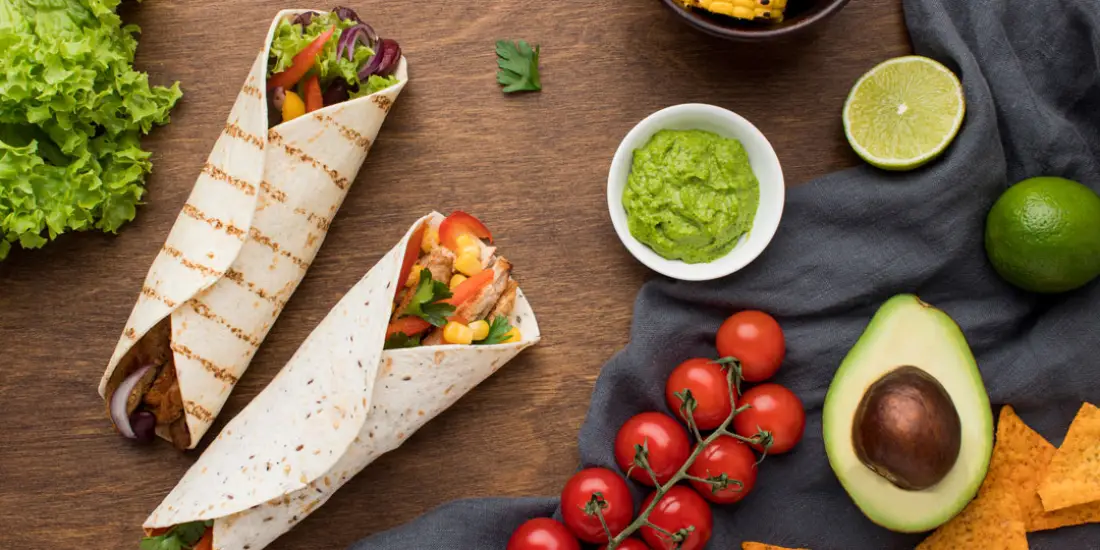
People are most concerned about their food culture and the type of food they eat now more than ever. However, little do they ensure whether the food they eat is safe or follow healthy eating habits. This piece of article is to let you understand what food safety is and why it is essential. We will also go through the basic healthy practices so that you can ensure safety at all places.
Any practice that prevents foodborne illness is called food safety. It applies everywhere people have food, home, or restaurant. These practices are followed at every step of food preparation, storage, and handling to ensure our safety.
Food safety is how governments ensure our safety. Every foodservice has to comply with the food safety regulations and standards in their country. This healthy practice is vital as it ensures that the consumers don’t fall prey to foodborne diseases. Food is an excellent atmosphere for bacteria, germs, and viruses to thrive. And food safety practice is our first line of defence against them.
We have already discussed how healthy food practices ensure our safety. The microbes spoil the food and may cause food poisoning in the consumers, mostly humans. Given that, home remedies can treat most food poisoning cases. But, severe cases demand immediate attention and are lethal for us.
The most vulnerable group to be affected are the oldest and youngest ones. People with weakened immune systems are also at its risk. Therefore, food safety practice is what keeps food quality on the tab. It is practiced at every place where food is served. It applies everywhere, be it your favourite restaurant or your office canteen. Moreover, it is unethical and a criminal act to serve food that is not safe for humans.
To ensure your safety at all times, follow these basic food safety practices at all places.
A clean environment cannot culture microbes. Therefore, clean and sanitize your house or office thoroughly, and that includes the utensils and other tools as well. Also, cross-contamination is a severe concern in the kitchen. Raw food has bacteria, and interaction and spillage transfer them to the cooked food. To avoid it, use different utensils and chopping boards for each type.
Use refrigerators to store food. Their low temperatures will keep the bacteria in control. However, ensure that you store raw foods away from the cooked ones and in different utensils too. This way, you can avoid cross-contamination inside the refrigerator as well.
Ensure that the personnel handling the food, from making to the serving, are hygienic. Those guys being hygienic or not has an immediate effect on food safety. Therefore, at public places, ask the handlers to wash their hands regularly. Also, using clean clothes at work can avoid contamination of food. Another prominent practice is to rinse the vegetables and fruits before you cook or eat them.
These are some of the simplest yet effective ways to avoid food contamination. We strongly suggest you follow these precautions all around to have a healthy life. Call a professional cleaning service if you are concerned about the hygiene of your house or office.